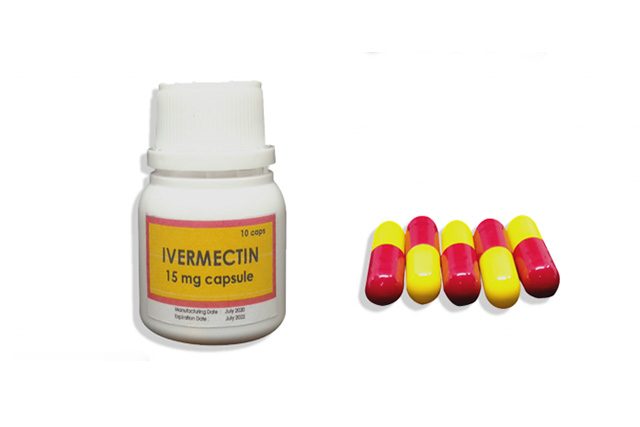A Twitter account of a podcast took advantage of the microblogging platform’s removal of automatic image cropping by sharing an infographic about ivermectin amid interest in it as a supposed treatment for COVID-19.
Teka Teka News, a podcast by PumaPodcast, shared information about the anti-parasitic drug which is currently registered as a veterinary product for animal treatment.
“Twitter crop is gone, this is your reminder that ivermectin is not an antiviral medication,” it said in a post on Thursday.
The caption was punctuated with clapping emojis for emphasis.
Twitter crop is gone, this is your reminder that ivermectin is not 👏 an 👏 antiviral 👏 medication 👏 pic.twitter.com/bpc1kwODwP
— Teka Teka News (@tekateka_news) May 6, 2021
Twitter recently removed its auto cropping for images to standard aspect ratios of 16:9, 4:3, 2:1 and 3:4 on mobile.
This means that images shared on the platform will now be seen in their full size, both in Apple and Android users.
However, those in non-standard sizes (such as images that are extremely tall or extremely wide) will still be cropped.
no bird too tall, no crop too short
introducing bigger and better images on iOS and Android, now available to everyone pic.twitter.com/2buHfhfRAx
— Twitter (@Twitter) May 5, 2021
The new update, while welcomed by most users especially artists and photographers, triggered some to recall the “open for surprise” posts and memes that benefit from auto image cropping.
The “open for surprise” posts on the platform rely on users to click on the posted image first before seeing it in its full size.
open for the surprise pic.twitter.com/NHwEKDPQg3
— a. (@ademYz_) May 2, 2021
Ivermectin in the pandemic
Meanwhile, the infographic posted by the Teka Teka News podcast lists down what’s not known about ivermectin in Filipino.
The information were from Dr. DJ Bandoy, a genomic data scientist at the University of California-Davis.
The anti-parasitic drug recently earned attention after some countries were reported to be selling it as a treatment for COVID-19 patients.
In the Philippines, it is registered for “the prevention of heartworm disease and treatment of internal and external parasites in certain animal species,” according to the local Food and Drug Administration.
Those registered for human use are in topical formulations that needed a physician’s prescription before they can be obtained. It is only to be used “for the treatment of external parasites such as head lice and skin conditions such as rosacea.”
Ivermectin was recently endorsed by Quezon City. Rep. Mike Defensor (Anakalusugan party-list) and Rep. Rodante Marcoleta (SAGIP party-list), who are not medical doctors nor scientists.
Those in the medical field warned the public about its potential side effects if humans were to take the drug.
“Animal drugs often have higher concentrations than human drugs and thus when consumed it may cause serious adverse effects. Ivermectin use may cause nausea, vomiting, diarrhea, hypotension (low blood pressure), allergic reactions (itching and hives), dizziness, ataxia (problems with balance), seizures, coma and even death,” a pharmacist community said on Facebook.
ALSO READ: Can ivermectin lessen risk of COVID-19? Health orgs debunk claims
On Thursday, it was reported that the government has allocated P22 million to conduct a clinical study for determining ivermectin’s efficacy for the treatment of COVID-19 patients.
The study will be managed by the Department of Science and Technology.
It has also conducted clinical trials for the use herbal plants Tawa-Tawa and Lagundi, virgin coconut oil, melatonin and convalescent plasma for COVID-19 treatment.










